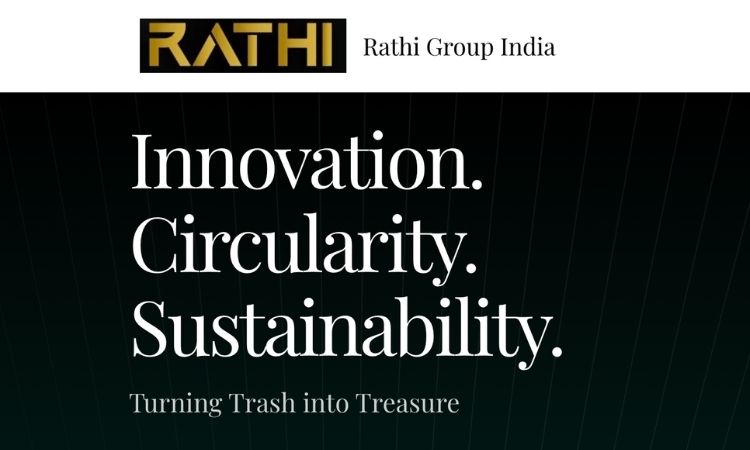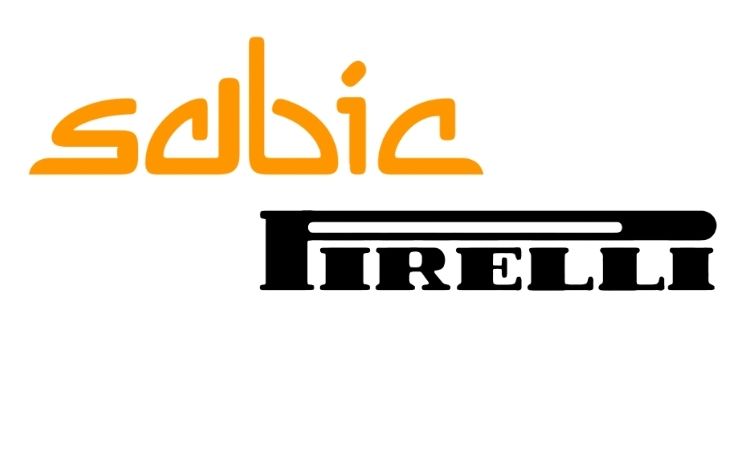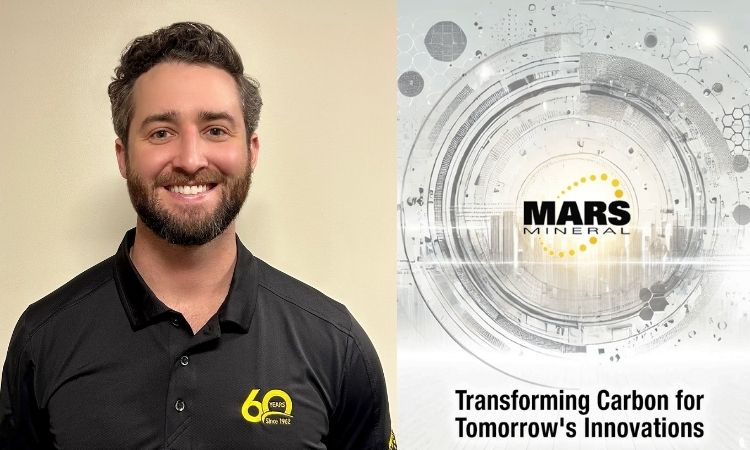Synthetic rubber producer Trinseo suggests using recycled styrene in tire manufacturing
A global producer of synthetic rubber Trinseo believes that styrene which can be processed out of plastic waste can be reused in tire manufacturing; however, it is still unclear how the industry could switch from a linear production reaching a more sustainable approach like circular economy. This concern was voiced by Trinseo’s tech and innovation director Sandra Hofmann during Future Tire Conference 2019 in Germany’s Cologne earlier this month. She explained that currently there is an access to a stream of recycled styrene that could be used in packaging, or, alternatively, be upcycled in tires and SSBR (solution-styrene butadiene rubber).
This suggestion comes at a time when Europe manufactures some 800 kilotons of virgin polystyrene products, and when the European Plastics Strategy is seeking to recycle 60% of packaging by 2030. This would generate feedstock that could be applied further, Hofmann believes. She also noted that polystyrene has “a very unique feature” and it could be depolymerised to its styrene monomer.
Moreover, researches of the chemical recycling of polystyrenes by a consortium Styrenics Circular Solutions (SCS) founded by Trinseo found evidence that it is possible to recycle polystyrene and embed it in circular economy framework – styrene monomer can be further used to produce a more sustainable synthetic rubber. The pilot facility specializing in procession of styrene waste is anticipated to start operation in 2021.
In addition, during the Future Tire Conference in Cologne Hofmann addressed other routes for sustainability in tires, namely bio-raw materials and the future contribution that will be played by Bio-Butadiene and recycled tire powder, which can be incorporated into new tire designs.
Press release by Trinseo.
Weibold is an international consulting company specializing exclusively in end-of-life tire recycling and pyrolysis. Since 1999, we have helped companies grow and build profitable businesses.









